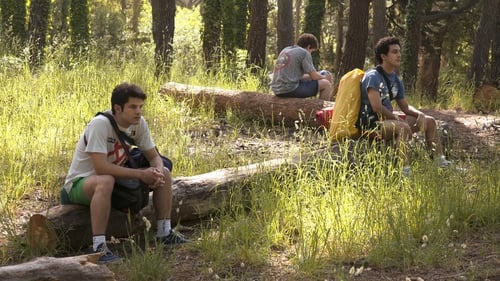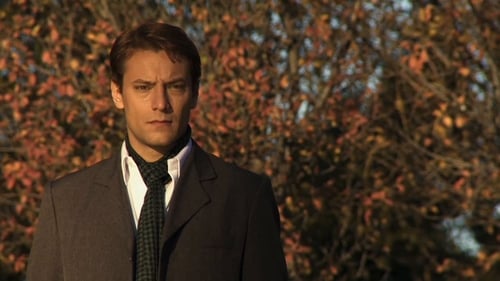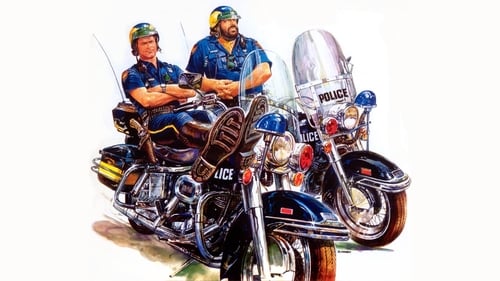
Director

Director of Photography

Director of Photography
A portrait of the life of one of the historical activists of feminism and lesbianism in Argentina. Born into a middle-class family in 1929, Ilse Fuskova was a flight attendant, a journalist, pronounced herself a feminist in 1978, in the midst of the military dictatorship, and in 1986, upon the return from the Latin American Meeting of Women in Bertioga, she recognized herself as a lesbian. Due to her skillful handling of human relationships, and inspired by European experiences, Ilse soon became involved with the entire range of militants and organizations between the 70s and 90s. She became a key figure when she broke into the main media in the 90s, assuming her lesbianism publicly, spreading concepts and opening the debate to the whole society.

herself
Six professionals in the audiovisual field share their experiences through a visual and sound sensory journey

Director of Photography
In a downtown building, old and beautiful, of the turbulent Buenos Aires, stories of men and women who keep secrets behind solid walls are intertwined. For Lucy, it is the secret price for freedom; for the Ukrainian immigrant and the Tucuman teenager, it is a refuge; for Lorenzo, it is debauchery; for Gaby and Mariano, disagreement; for Mónica and Sergio, the promise of new life. The stories are intertwined. No one is the same after opening the door to their most intimate desire

Director of Photography
Marcelo Di Marco is a writer turned journalist, who must return to the last steps of his father, Tonio Di Marco after he dies in strange conditions.

Director of Photography
Gloria is a lawyer who throughout her career has never been able to defend someone who was not guilty. His new client seems to be not so different: a man accused of rape in a small town where no one believes his story.

Cinematography
When three friends go on a camping trip in a remote part of Argentina, sexual tensions quickly bubble to the surface. Once in virtual seclusion by the beach, Juli, also camping at the site, quickly recognises that that the boys seem to have a closer relationship than what she would consider 'normal'. The line between friendship and love fade further for two of the boys in particular as their desire becomes too much to bear. When what started as a simple getaway quickly becomes tinged with sex, romance, and conflict, everyone is forced to confront who they really are for the very first time.

Cinematography

Cinematography

Director of Photography
Thirty years after living in Spain, Paco returns to Argentina to sponsor the wedding of a friend. Retired and separated from his Spanish wife, he is reunited with his affections. As always, in the last thirty years, Margarita, and retired as a teacher, life creeps forward. In the wedding party, best man and Paco Margarita like in charge of catering, intersect again but not found, until he discovers a video of the party. Love truncated by the absence and her refusal to answer his letters, reborn in a search for lost time.

Cinematography

Cinematography
Separated a few months ago from Pedro, Matías invites Lucho to his house. But what seems to start fine will turn the tide when the past of Matías and Pedro’s relationship arrises in the form of the keys...

Cinematography
Two somewhat anachronistic passions occur in the days of Arturo “Tucho” Lazlo: the music from the vast collection of vinyls that rotate on his record player and the paintings that he makes in a collective workshop. The first passion seems logical considering Tucho's current condition: blindness. Painting, on the other hand, is not a task that can be easy for you; on the contrary, it is a challenge taken frame by frame that allows her to relate to the visual universe that a tragic decision has strictly denied her. This film-portrait follows Tucho's daily experiences in his connection with the world, from his art to his discomfort, with a present that evokes a macabre past in the foreground. Without detours and without blurring the specific weight of everyday moments, Andrés Hebegger manages to register the tension and rest, sadness and hope, the banality and genius of Tucho's world, without ever being condescending or mellow, always looking for distance fair.

Seamstress
An attempted robbery turns to be an unexpected recruitment when two unemployed men mistakenly break into a police office instead of a store.








